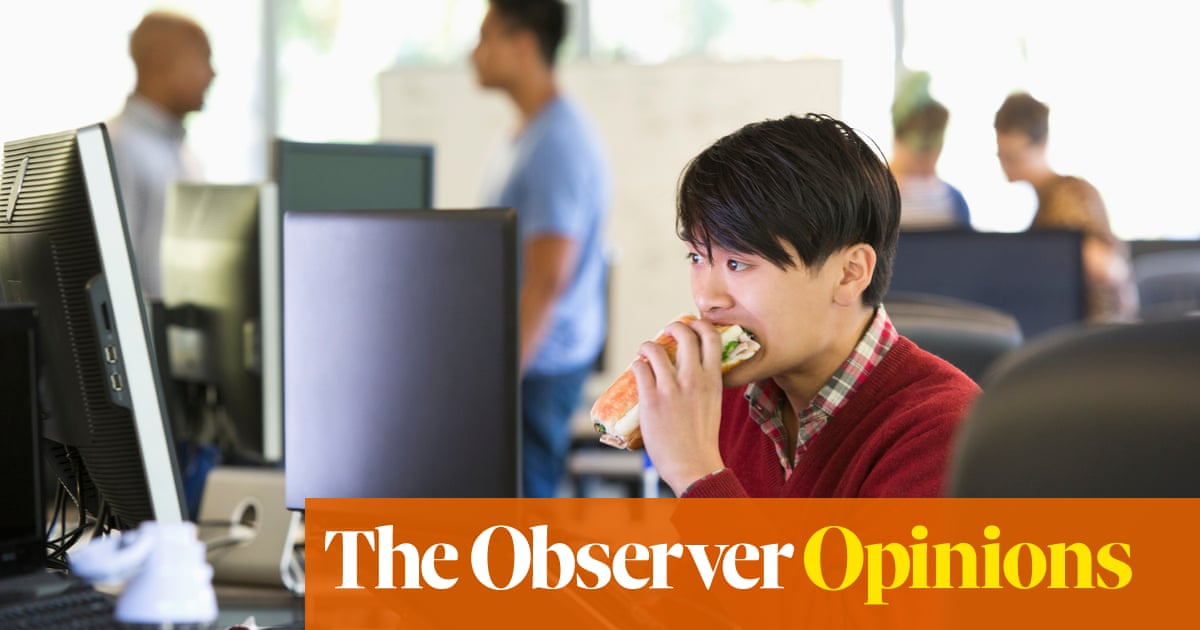
The coronavirus pandemic is only the latest storm to buffet globalization, but it could be the most potent force yet in reversing the post-Cold War era of open markets and borders.
At the peak of global measures to curb the spread of the virus more than half the world’s population was under some form of lockdown, the outbreak is still intensifying in places such as South America, and a new round of disruption is coming.
In the US, in the political cauldron of a presidential election year, Donald Trump is already seizing on China as a key issue, and is looking to impose sanctions for Beijing’s initial cover-up of the virus when it emerged in Wuhan late last year. Beijing has threatened a robust response.
Trump is also looking to reverse the trend toward cost-effective global supply chains and just in-time stock deliveries in favour of on-shoring and guarding national security. This is starting in key sectors such as energy, health care and telecoms, but could well spread to other industries.
Every wave of globalization has required a superpower strong and confident enough to promote international trade and open markets. In the 19th century that role was played by the UK, and after period of deglobalisation from 1914 to 1945 the US picked up the baton in the second half of the 20th century.
Trump’s election in 2016 on an “America first” ticket illustrated the US backlash against globalization. From trade deficits to immigration, his appeals resonated with large sections of the electorate.
In the US, in the political cauldron of a presidential election year, Donald Trump is already seizing on China as a key issue, and is looking to impose sanctions for Beijing’s initial cover-up of the coronavirus.
Andrew Hammond
Coinciding with Trump’s election, US self-confidence appears to have been punctured with the rise of China. This may not just reverse economic globalization, but also threaten wider world order given growing concerns of a new Cold War.
This dynamic is driving high levels of political risk, by some measures at the highest levels since the collapse of the Soviet Union; the issues that brought about Trump"s 2016 victory, and related developments such asBrexit, are present in many other countries too.
What makes this so worrying for proponents of globalization is that it comes on top of layers of previous turbulence in the global landscape. This goes well beyond the rise of anti-establishment populists riding the anti-globalization wave across much of the world.
The challenges now confronting the US-led international order include instability in nations from Syria to Afghanistan, fueled by the pandemic, through to political tensions in the EU between northern countries such as the Netherlands and Germany and southern countries most affected by the coronavirus, such as Spain and Italy. The gravity of these political challenges underlines how many hopes and expectations of the post-Cold War order, which drove globalization, have given way to a less optimistic landscape.
But amid all the risks there are countervailing developments that could yet ensure globalization does not unravel as completely as it did from 1919 to 1945. Indeed, there remains a possibility that a more inclusive and sustainable form of globalization emerges.
While big multilateral deals are becoming harder to secure, 11 nations in the Americas and Asia-Pacific signedthe Comprehensive and Progressive Agreement for Trans-Pacific Partnership, accounting for 13 percent of global trade and the third largest trade bloc after the North American Free Trade Agreement (NAFTA) and the EU.
NAFTA itself has been renegotiated in the new US-Mexico-Canada trade deal, and the EU has recently concluded a range of big economic agreements with countries from Canada to Japan.
This economic multilateralism, often with new environmental and labor accords built in, is also girded by a dense web of postwar international institutions, especially the UN, which continue to have significant resilience and legitimacy decades after their creation. While these bodies are in need of reform, the fact remains that they have generally enabled international stability.
One example of this is the 2015 UN-brokered Paris global climate change deal. While the agreement is by no means perfect, and the Trump team is withdrawing US participation, it nonetheless represents a welcome shot in the arm for attempts to tackle global warming and, crucially, a new post-Kyoto treaty framework has been put in place for tackling perhaps the major challenges facing mankind in the longer term.
Perhaps the fundamental driver of whether globalization will be rolled back or rejuvenated is the direction of the US-China relationship. It seems all set now for growing rivalry in which the recent US-China trade deal unravels, and military tensions increase too.
However, the relationship still contains the potential for fruitful partnerships. Growing cooperation, which may require a change of US leadership, is most likely if stronger partnerships can be embedded on issues such asclimate change, which could then enable more effective ways of resolving wider trade and military disputes.
Andrew Hammond is an Associate at LSE IDEAS at the London School of Economics
Disclaimer: Views expressed by writers in this section are their own and do not necessarily reflect Arab News" point-of-view












